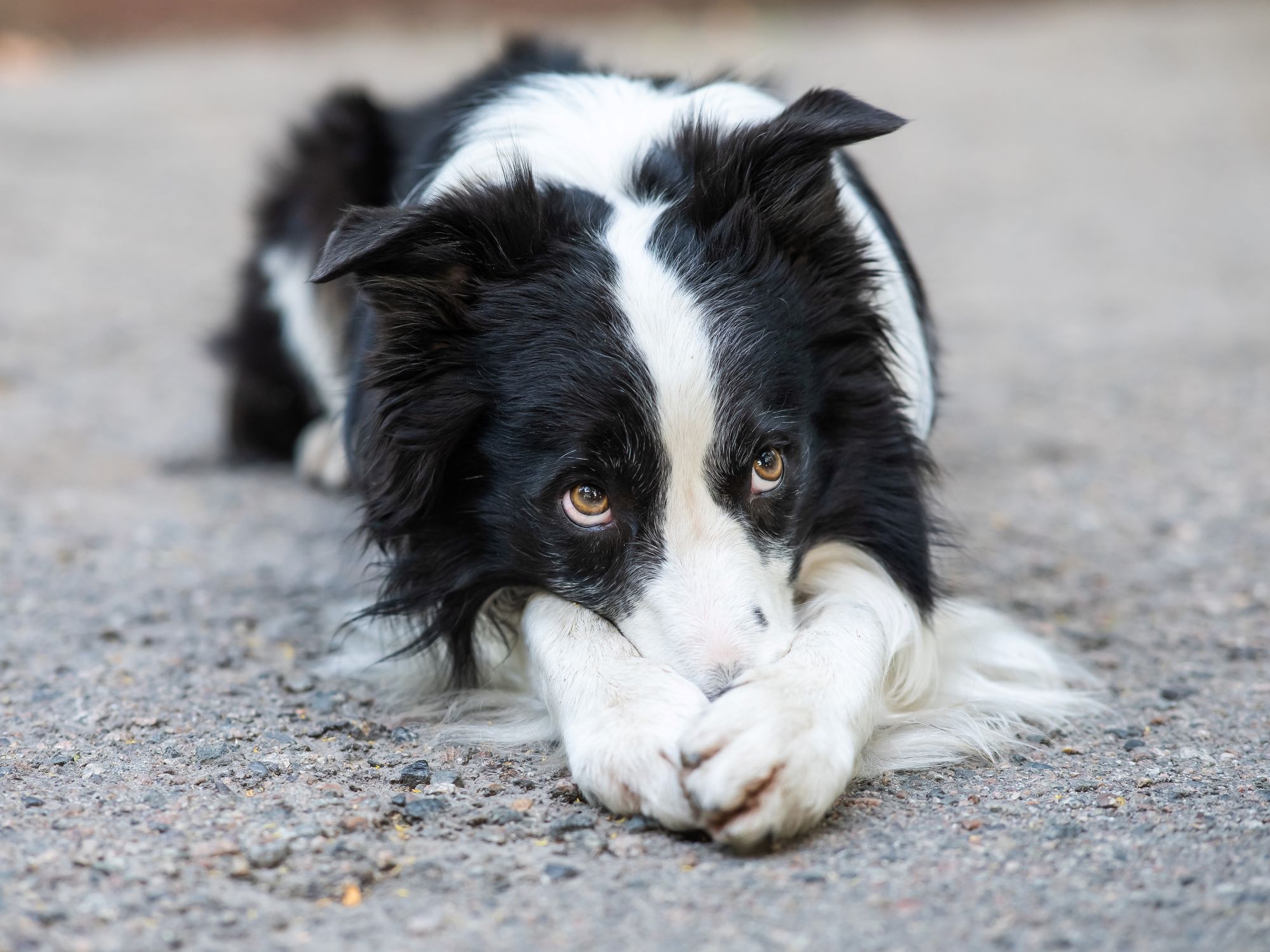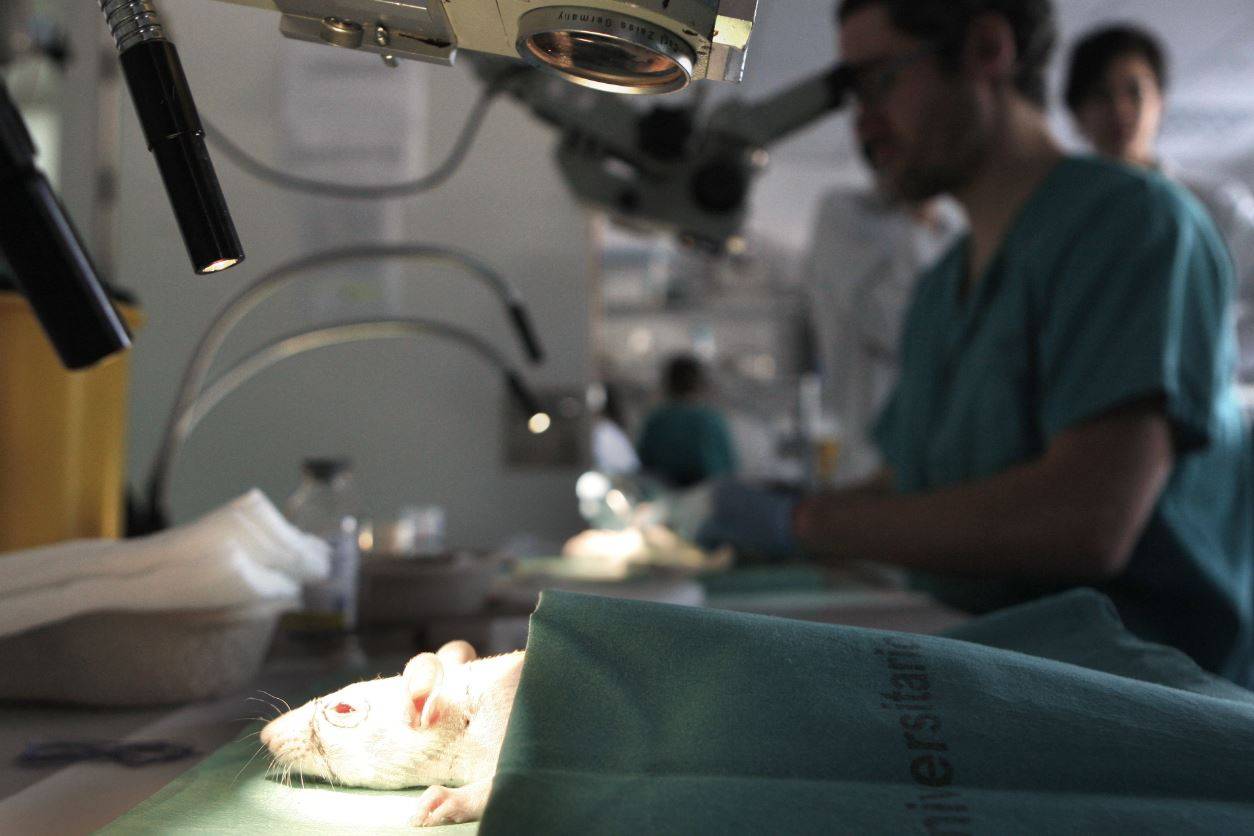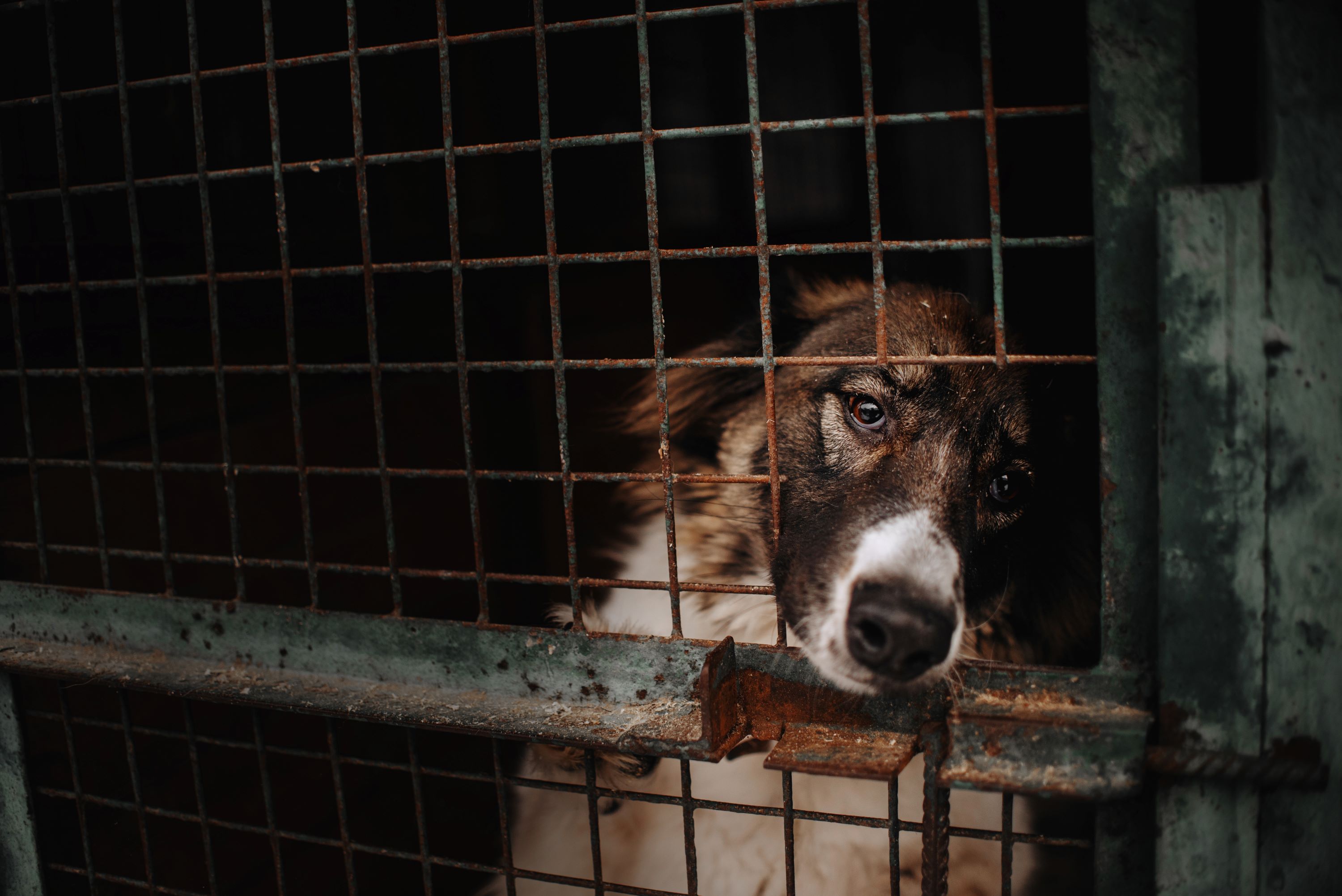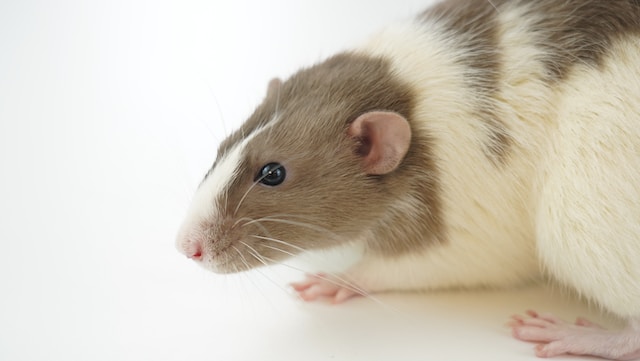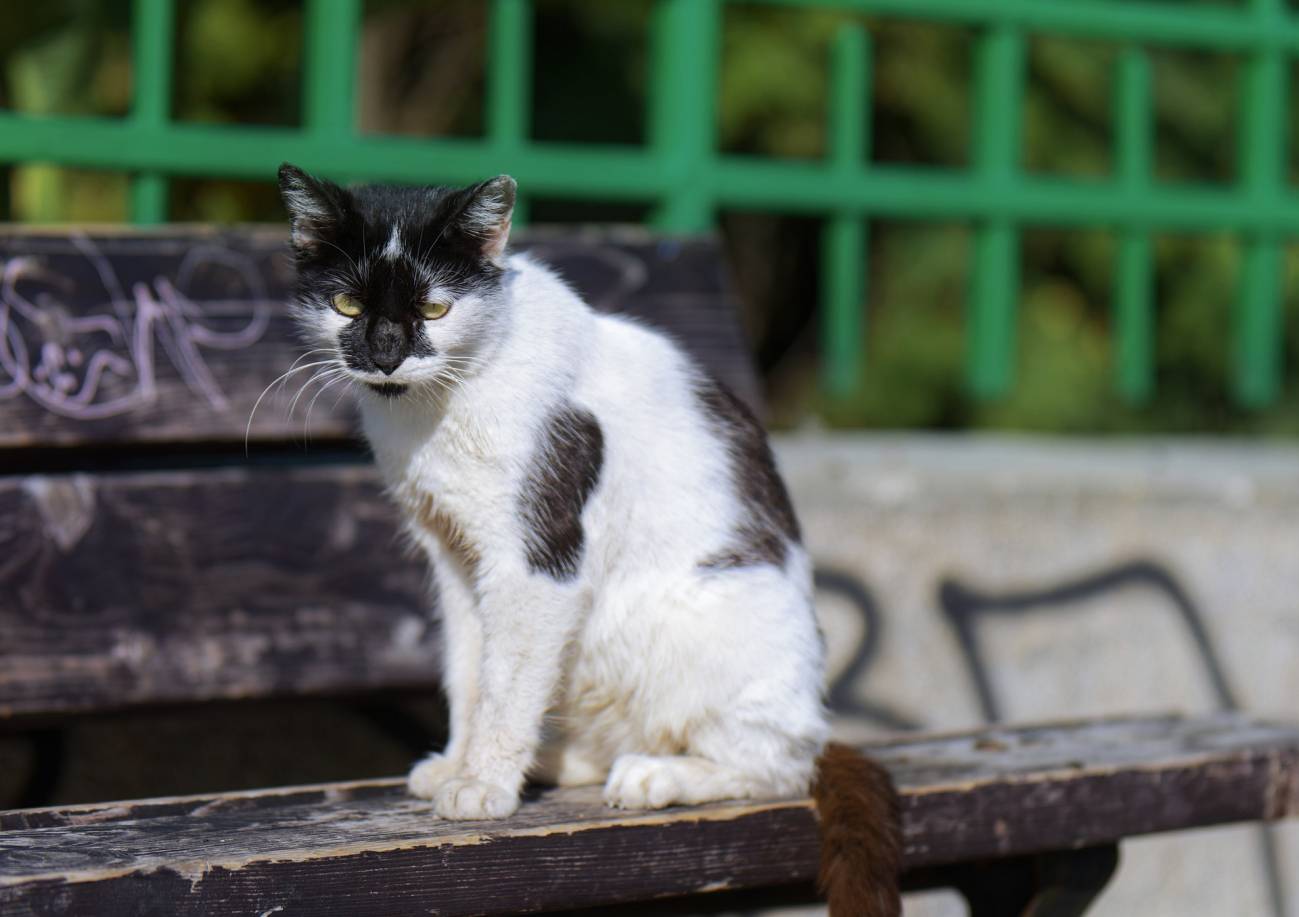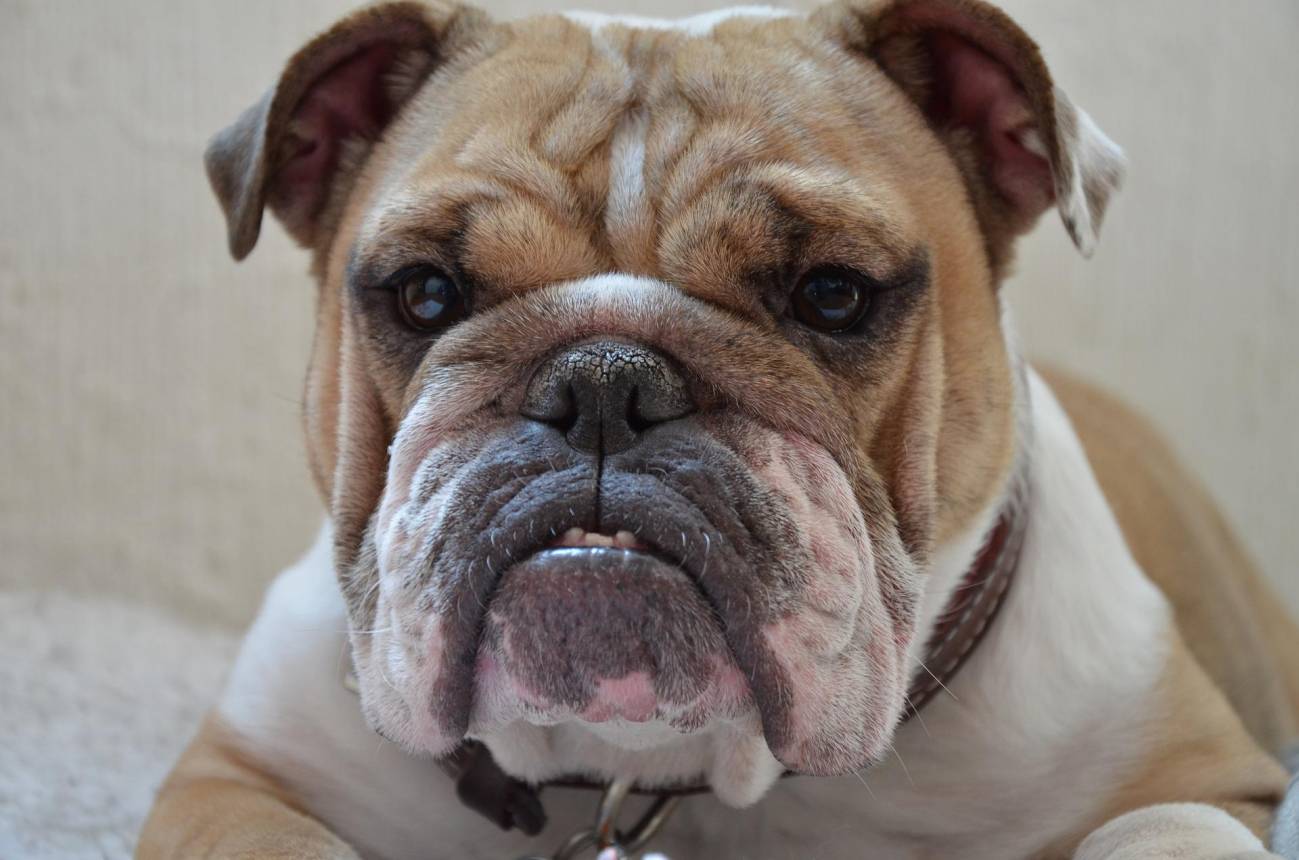Education, religion or contact with animals influence the human traits we attribute to them
An international team with Spanish participation has analyzed the factors that influence our anthropomorphization of animals - the tendency to attribute human traits to them. According to a questionnaire completed by 741 people from five countries, including Spain, factors such as educational level, religion, urban-type experiences or contact with animals affect this tendency, which in turn can influence conservation programs. According to the authors, "species that appear more human-like or exhibit human-like behaviors tend to receive more attention, funding and public support. This preference may overshadow the ecological importance of less charismatic species." The results are published in the journal iScience.
